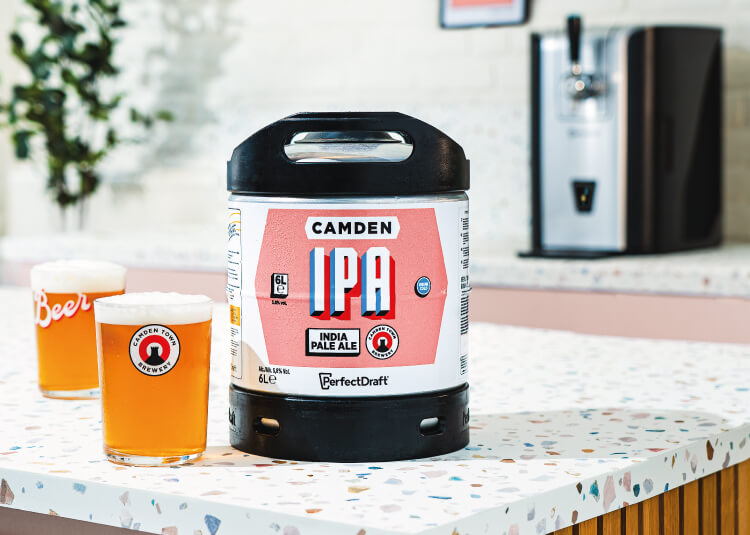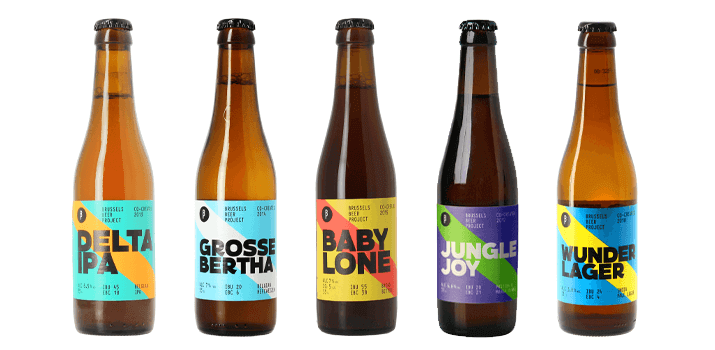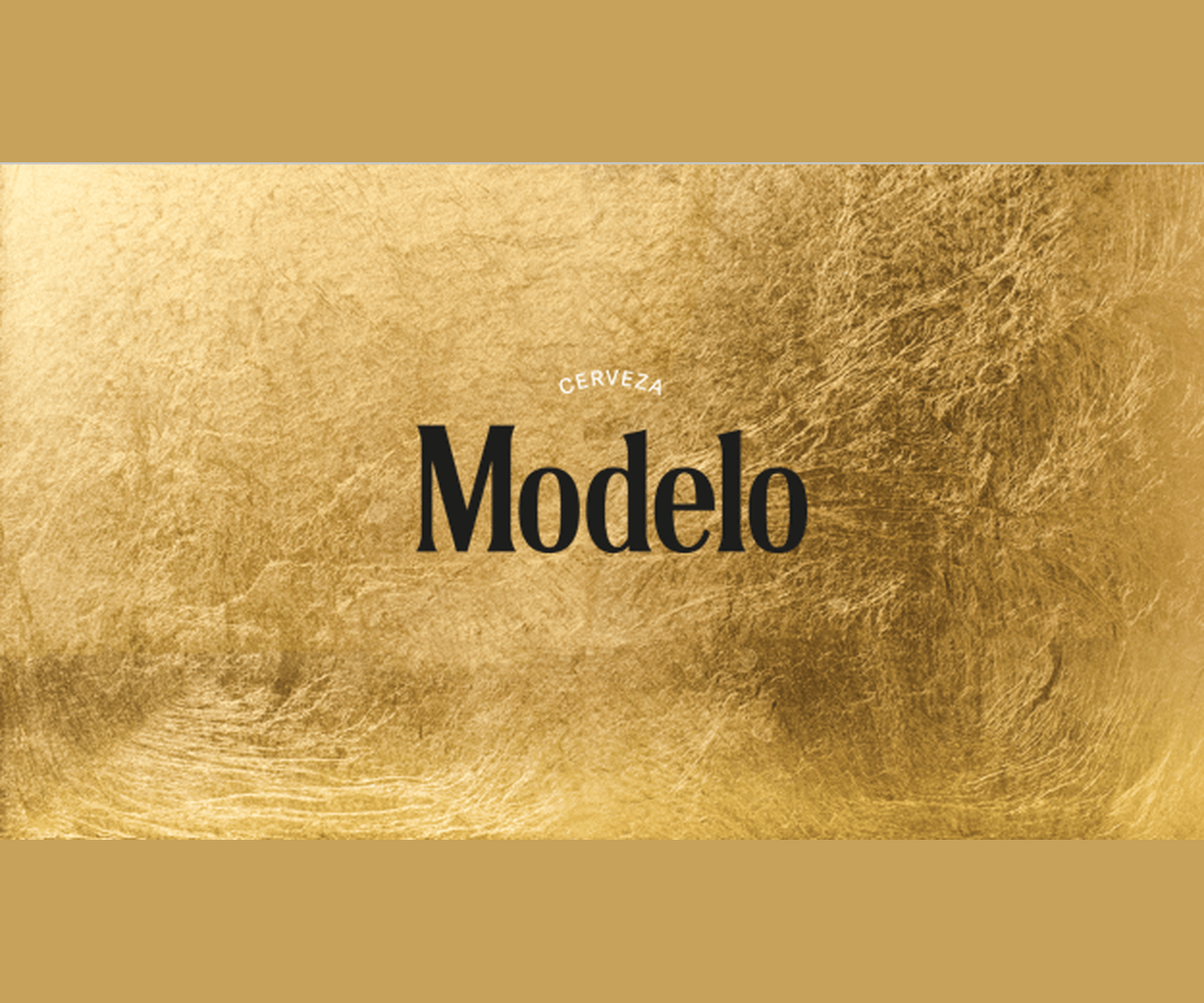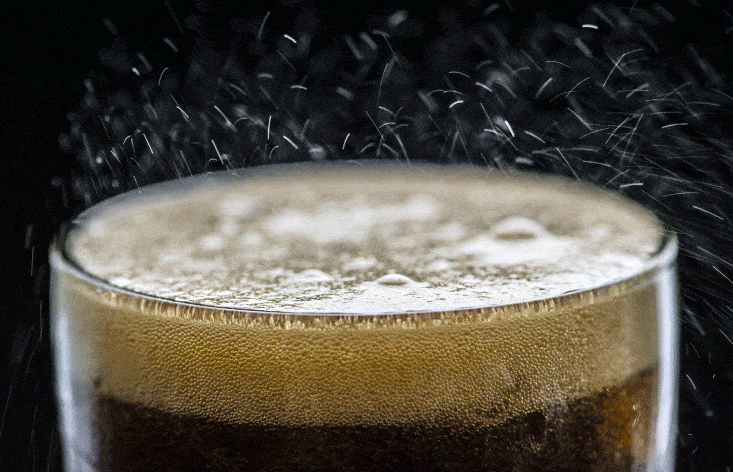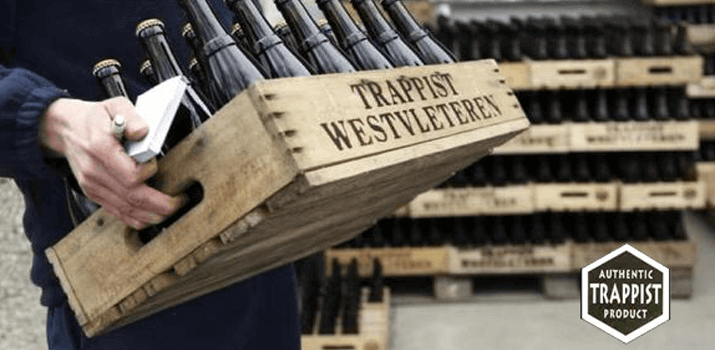You may have heard of the Reinheitsgebot, also known as the Bavarian Purity Law. Instituted around 500 years ago, this law stated that brewers were only allowed to use barley, hops and water in their beer. Of course, this was before the role of yeast was discovered, and the Reinheitsgebot was later amended to include this vital ingredient. These days the law is far less strict, but it's still used to indicate quality and tradition by many German breweries such as Mittenwalder and Augustiner, who emphasise that they still brew according to the old Purity Law. Some people feel that this focus on tradition means that German brewers have rather missed out on the experimental aspects of the 'craft beer' boom, but others reckon you shouldn't change a winning formula.
Pilsner-style pale lager is the most popular type of beer in the world, and we partly have Germany to thank for this. Though the quintessential Pilsner comes from Pilsen in Czech Republic, it was in fact developed by Bavarian brewer Josef Groll, and soon the pale gold flavoursome lager was inspiring similar brews across Germany, such as the slightly more bitter German-style Pilsner, and helles (meaning 'light') which was originally brewed in Munich to compete with the popularity of Czech Pilsner. We love the effervescent Veltins Pilsener and beautifully balanced Augustiner Edelstoff.
Weizen or weissbier (wheat/white beer) is another popular German style, although the exclusive rights to brew this beer used to belong to Bavarian royalty. In 1872, Georg Schneider bought the rights from the king, and started brewing Schneider Weisse Original Tap 7. Now wonderful weissbiers such as Weihenstephaner Hefe Weissbier and Erdinger Hefe Weizen are adored both in their home country and further abroad - 'hefe' meaning yeast, these beers are unfiltered and naturally hazy! You can also find filtered, clear versions called kristallweizen, for example Erdinger Kristall.
German beer isn't all light refreshing lagers and wheat beers, though. If you like your beers dark, try a rich and malty dunkelweizen like Erdinger Dunkel, or even an intense rauchbier like Shlenkerla Rauchbier Marzen from Bamberg. This dark lager is brewed using malt which has been dried over a beechwood log fire, giving the beer an immensely smoky flavour from which it takes its name 'rauchbier', which translates as 'smokebeer'. If that isn't full on enough for you, then get your hands on Schneider Aventinus Eisbock, a warming 12% ABV version of Schneider's regular Aventinus. According to a story told by the brewery, Aventinus Eisbock was created by accident. Before the 1940s the normal version of Aventinus was transported across Bavaria on trains with no heating, and in the winter the beer would start to freeze. The water in the beer would freeze first and could be removed, leaving a concentrated liquid which turned out to be rather delicious. Who'da thunk it, eh?!
There are plenty of other German beer styles to explore but it looks like the pretzel dough has finished rising, and my stein's almost empty... Until next time, cheers!
- Rowan

